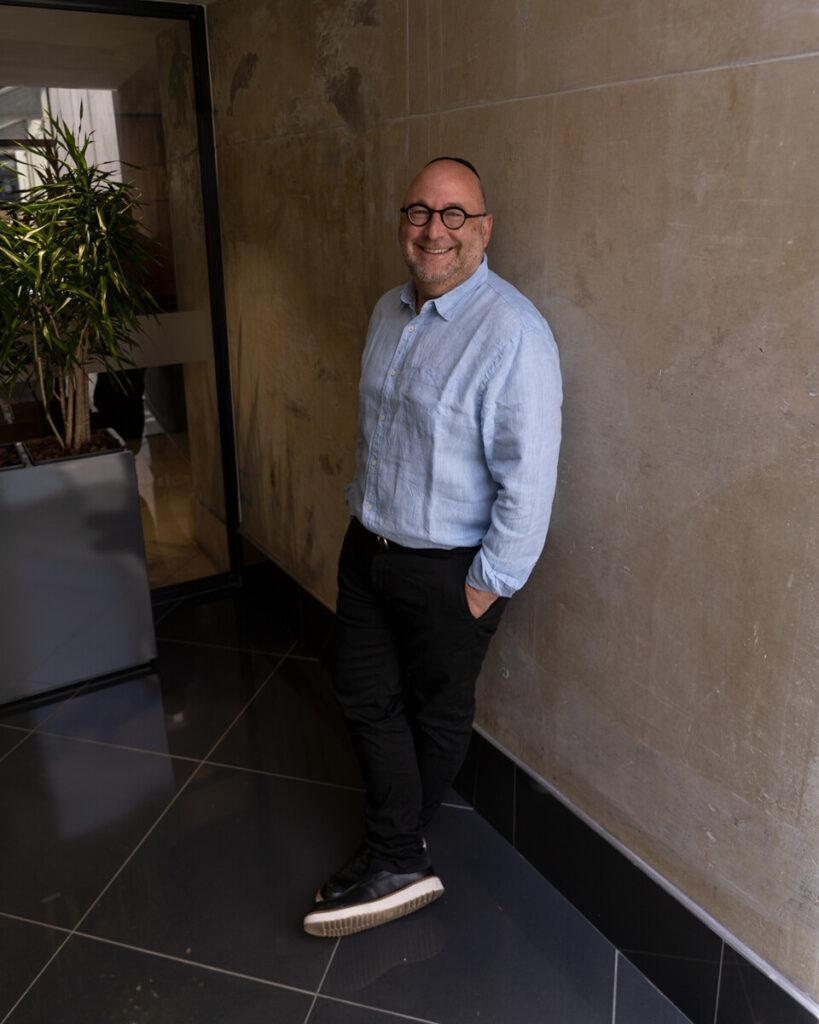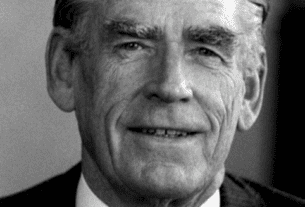Debs was not impressed. And she didn’t mind anyone knowing it. She stood at the door to my office, hands on her Lulu Lemon clad hips and stamped her Golden Goose foot. “So much inconvenience this weekend, and nothing happened!” I looked up from computer, stared at her blankly at first, and then blinked a few times as I tried to focus on what she was saying. “The so-called terror attacks!” she explained as if I was slow witted. “I cancelled dinner in Bryanston. And nothing! Nothing!”
“Ah, so to be clear,” I responded, finally having understood the nature of her complaint, “it would have been better had there been a terror attack?” But before I could finish, she had walked off, shaking her highlights in disgust, and in search of a more sympathetic response. Someone who would agree how ridiculous it was that everything seems to happen to her.
Debs was not the only one unimpressed. The terror alert issued by the United States Government has no doubt annoyed the South African government. President Cyril Ramaphosa, perhaps also because of prior dinner plans, had called the announcement “quite unfortunate” while the official comments from the ANC reflected their discomfort at the fact that the information was conveyed by a foreign entity and not by themselves.
The details remain murky, as is common in the case of terror information. What is clear is that the United States had reliable information pertaining to a possible attack. They were aware of the date, the area of attack and even the target. From the information that is available, it seems that they met with their South African counterparts who decided that there was not proof enough to trouble their citizens. The Americans felt otherwise, which was why they took the unusual steps to warn those at risk … and to do so in the strongest possible terms.
The fact that the attack didn’t transpire, is not proof that it was not going to happen. Nor is it proof that it was going to, and that the information was accurate. Which is where the whole thing becomes a bit Schrodinger.
South African citizens could be forgiven for being nervous. The track record of South African intelligence over the last few years will have given them cause. The July 2021 riots caught them on the backfoot, the result of which was significant. Billions of rands and many lives were lost because of the ineptitude, something that will haunt them for some time.
In addition, with the systematic capture of key areas of law enforcement where the arms of “justice” were used to further the goals and aspirations of those seeking personal enrichment, it will take some time before South Africans fully trust these bodies.
If I were scripting an informercial, I would say: “But wait, there is more!” Because there is. Consider the fact that when it comes to international policy, we have tended to befriend the rogues of the world. We continue to cozy up to Cuba and Iran and of course international terror organisation Hamas. We have yet to condemn Russia for the invasion of Ukraine and refused to prevent the docking of an oligarch’s vessel in Cape Town. Because “we are not legally obliged to, according to the president’s spokesperson. Nord, a luxury 465ft yacht worth more than US$500 million, is owned by Alexey Mordashov, a billionaire ally of Vladimir Putin, and was allowed to dock in Cape Town.
That’s how we roll. If the South African government expects their citizens to have confidence in them, they need to rebuild our trust. And that means aligning with credible players, show us that they’re on top of internal discord and share information with us when they receive it.
Which is why, until that happens, I would be obliged if the USA would continue to look out for their citizens, and in doing so, let us know when they hear something that might keep us safe. Even if it means cancelling the odd dinner in Bryanston.





